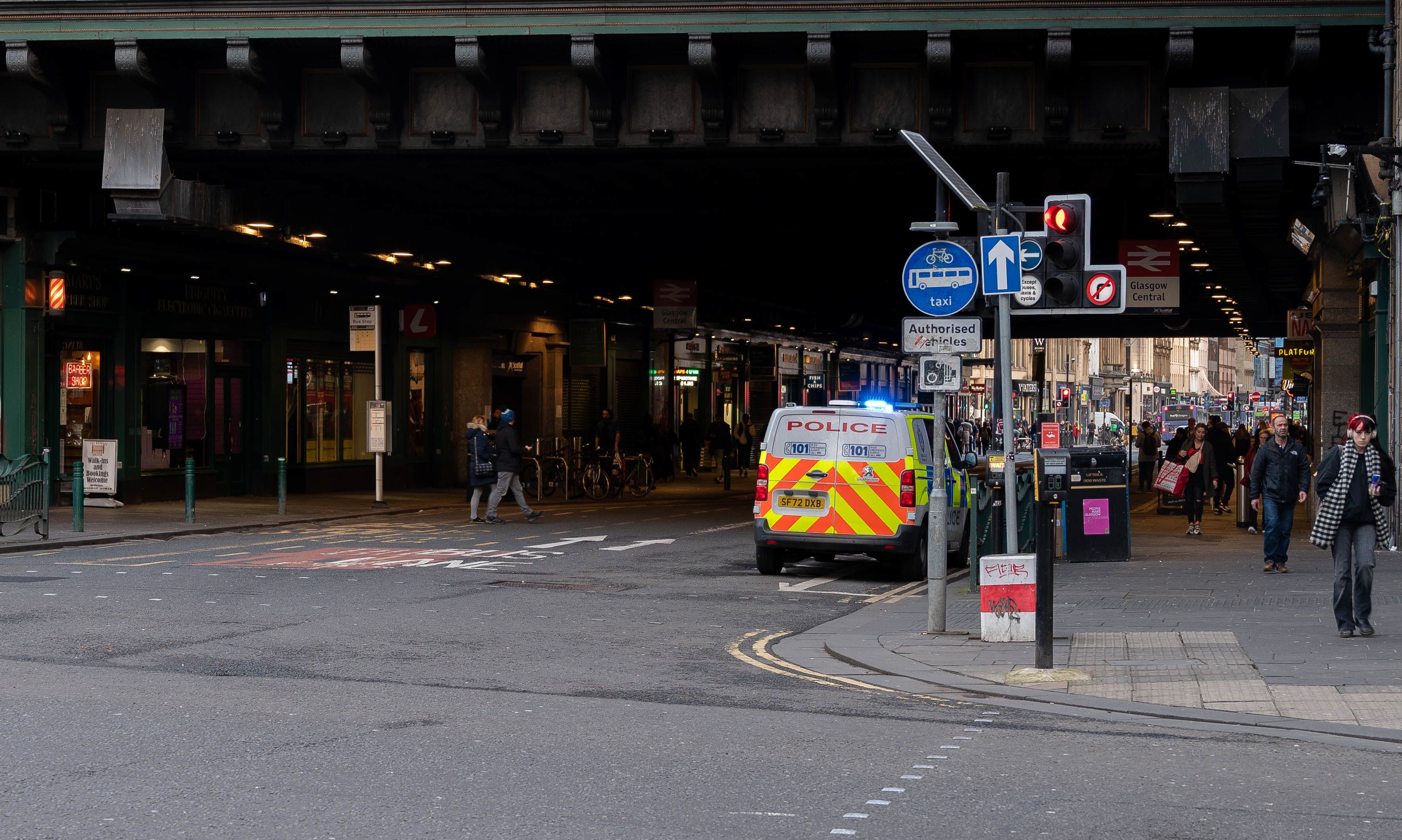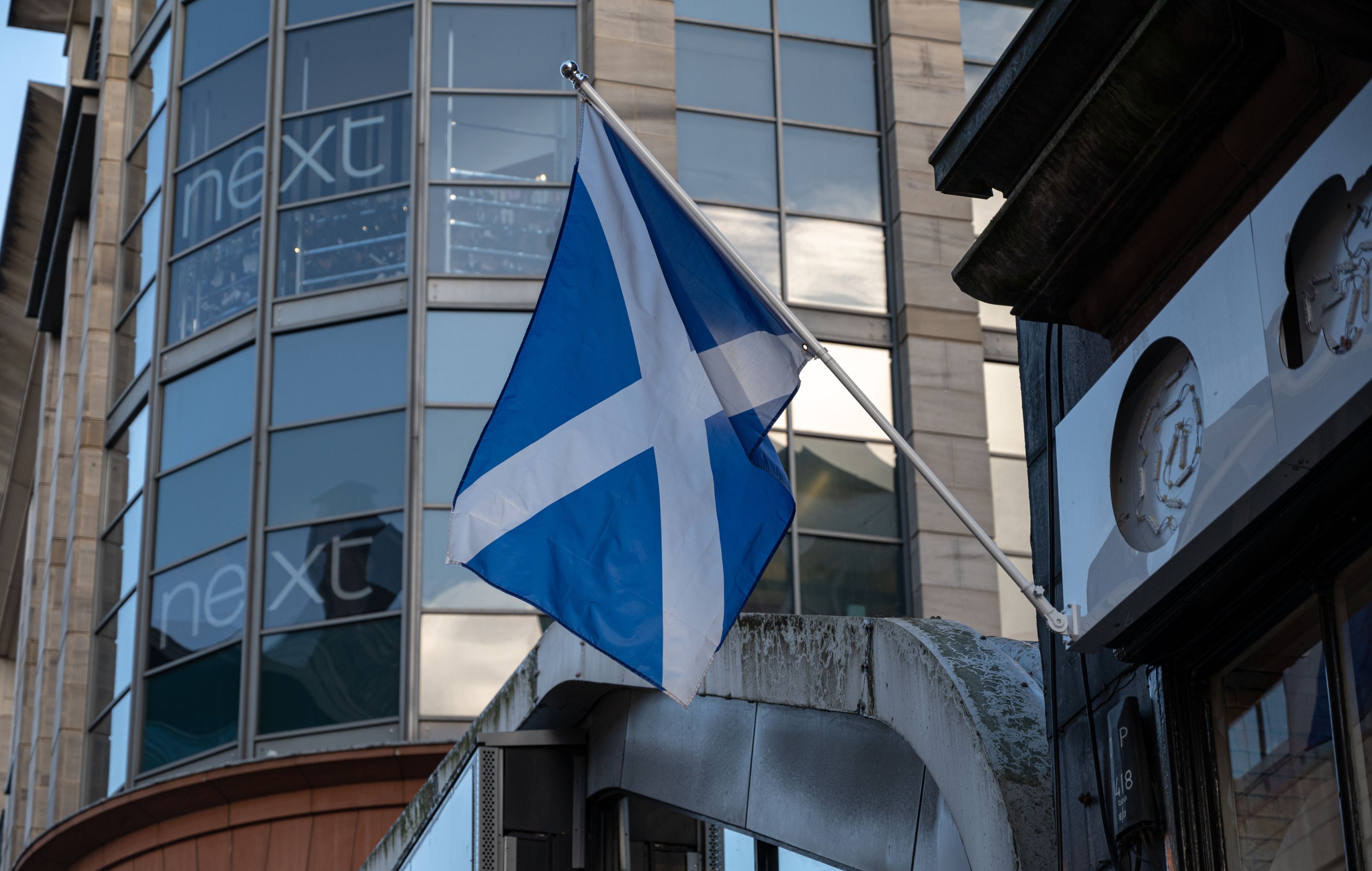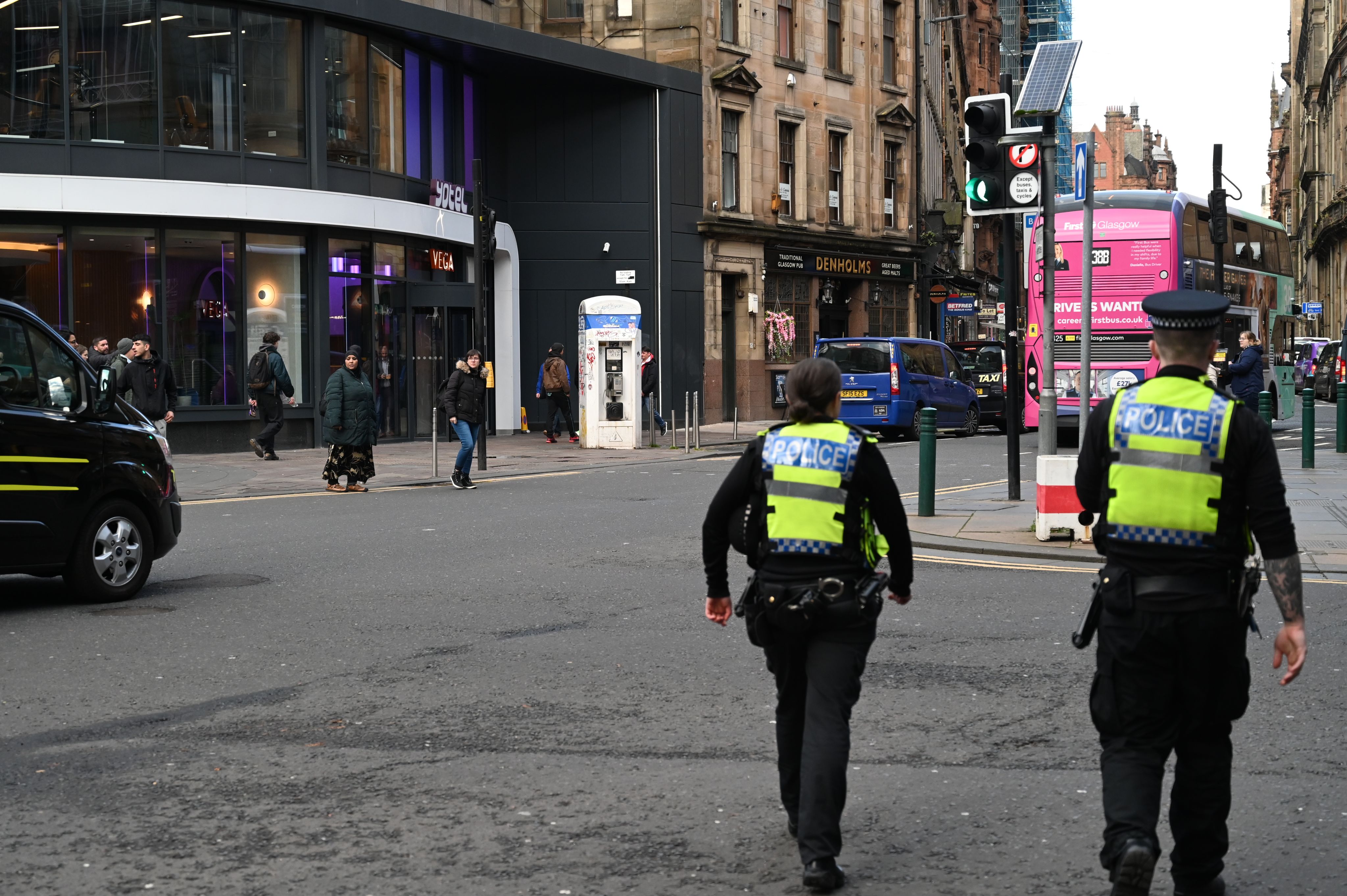New Perspectives
The push for decriminalization in a country that lacks total independence

Last summer, the Scottish government declared its intent to decriminalize the possession of drugs for personal use.
But the Scots don’t have control over drug laws in Scotland — and the proposal was immediately dismissed by the U.K. government.
And so, the debate over decriminalizing drugs, which advocates see as a way to deal with a major problem facing the Scottish people, continues. It’s a prime example of how issues in Scotland quickly accelerate to questions of independence and the extent of the country’s own autonomy.
Emma Crawshaw, the chief executive officer of CREW 2000, a harm reduction charity working across Scotland to combat preventable overdoses, specifically among young people, said that while the laws may frustrate efforts to find better approaches to the drug crisis, the sheer size of the epidemic is huge factor.
“We are a small country, (but) we have 5 million people here and we have over 1,000 people every year, dying from drug-related deaths,” Crawshaw said. “So there aren't many of us who don't actually lose somebody or know somebody who has died.”

A Scottish flag blows in the wind. Photo by Olivia Estright
A Scottish flag blows in the wind. Photo by Olivia Estright
The ongoing battle for drug policy reform
Scotland has been part of the United Kingdom which includes England, Scotland, Wales and Northern Ireland, for over 300 years.
This has restricted Scotland’s right to make its own decisions on key issues such as taxation or welfare. And in recent years, the country has struggled to tailor drug policies to its own needs and challenges.
The Misuse of Drugs Act of 1971 has become a prime example of how banning drug use has become a flashpoint in Scottish politics.
Scottish Parliament Member Gillian Mackay said refusing to allow the Scottish government that autonomy, despite its impact in every service across the country from mental health and homelessness to welfare and policing, has been a mistake.
“If I had a magic wand, I’d scrap the Misuse of Drugs Act and devolve those powers to the Scottish parliament to make sure that we can take those decisions closer to the people they'll impact,” said Mackay, a member of the Green Party, which is partnered with the Scottish National Party in a governing coalition for Scotland.
A relic of the so-called war on drugs and its emphasis on the prosecution of individuals found with drugs throughout the U.K., the Misuse of Drugs Act — which has faced much opposition — bans possession, supply, manufacture, import and export of controlled drugs except by license.
It also divides drugs into class sections based on severity.
|
Classification |
Drugs |
Charges for possession |
Charges for supply |
|
Class A |
Heroin, LSD, ecstasy, amphetamines, cocaine, crack cocaine, magic mushrooms |
7 years' imprisonment or a fine |
life imprisonment or a fine |
|
Class B |
Amphetamines, methamphetamine, barbiturates, codeine |
5 years' imprisonment or fine |
14 years' imprisonment or a fine |
|
Class C |
Cannabis, temazepam, anabolic steroids, valium, ketamine, Ritalin, GHB |
2 years' imprisonment or fine |
14 years' imprisonment or a fine |
But what is decriminalization, and how would it work in Scotland?
Decriminalization refers to the removal of criminal penalties for certain activities related to drug use. It does not mean class A drugs like heroin or fentanyl would be legal, but people would not be prosecuted for possession for personal use, according to the Scottish government.
In 2021, a 250-million pound investment by the Scottish government in the country’s addiction services was led by former First Minister Nicola Sturgeon who admitted her government had “failed” every person who died as a result of drug addiction.
Last July, the Scottish Government announced a set of ground-breaking measures to reduce drug deaths, health harms and drug-related crime in the report “A Caring Compassionate and Human Rights Informed Drug Policy for Scotland’’ under Minister for Drugs and Alcohol Policy Elena Whitman. Not only would decriminalization under this legislation have allowed people found in possession of drugs to be treated and supported rather than criminalized and stigmatized, it would also mean without a criminal record, people in recovery could seek out a variety of employment options.
Councillor Allan Casey is the city convener for homelessness and addiction services for Glasgow City Council. He said over the last three years, trying to address all of the concerns with a limited budget and “a decade of austerity” from the U.K. government has been a “huge challenge.”
“We absolutely have far too many people who are dying of preventable overdoses within our city and indeed within our country so we need to demonstrate the challenges we've got and bring communities (together),” said Casey, a member of the SNP.

Police walk the streets of Glasgow. Photo by Anjelica Rubin
Police walk the streets of Glasgow. Photo by Anjelica Rubin
Since 2021, people in Scotland caught with illegal drugs have been given a police warning rather than being prosecuted, but full decriminalization still requires U.K. government support.
Despite only having one police force in Scotland, Crawshaw said there are “very clear” regional variations.
She said despite police warnings, each officer will apply their discretion in a different way and lines may be blurred.
“It will depend on any human being's decision and will have some level of bias,” Crawshaw said. “I think (that’s the) biggest cause of stigma, the fact that drugs (continue to be) criminalized.”
Scottish social activist Peter Kryant is careful not to pitch decriminalization as a panacea.
“I agree with the recent calls from the Scottish Government for decriminalization,” he said. “(But) if we decriminalize, but we don't provide the right support for people at the (same) time, we can decriminalize and nothing's going to change in terms of the actual harms and deaths that people are experiencing.”